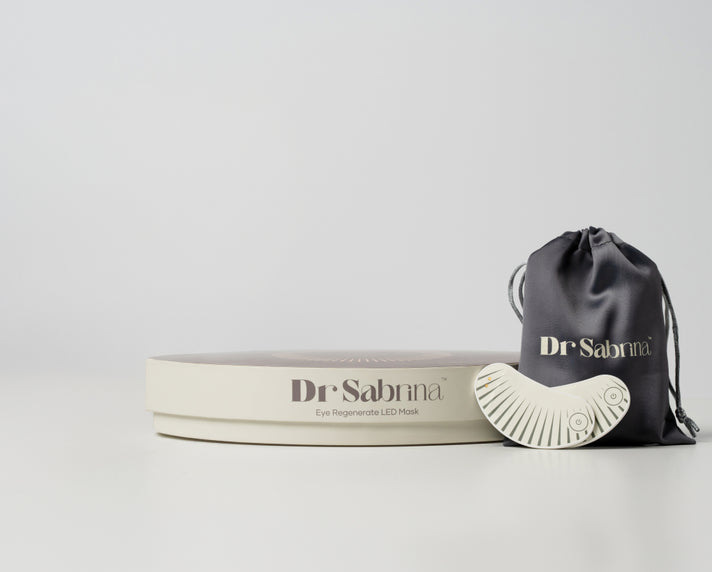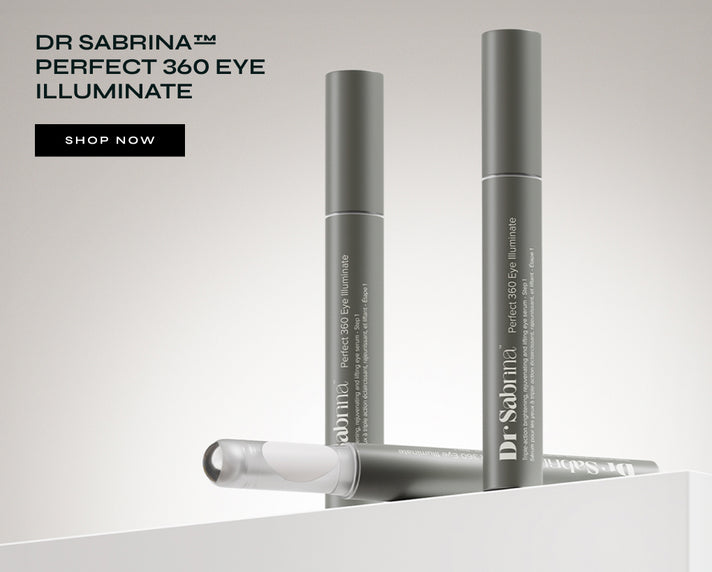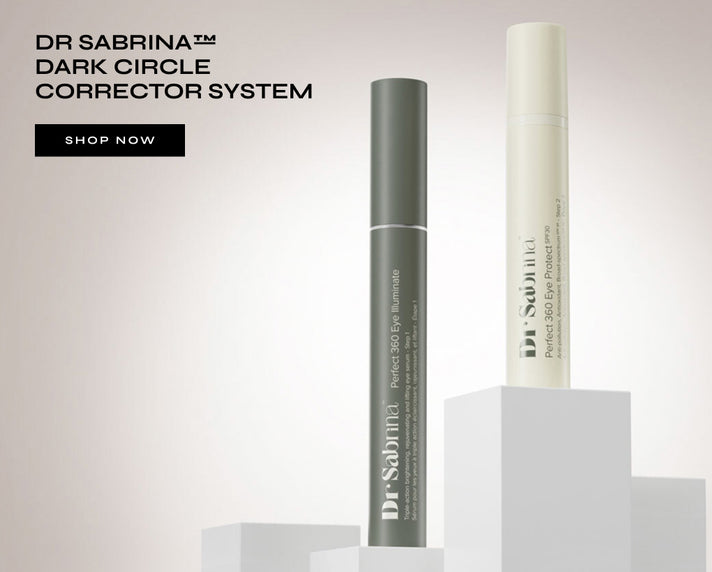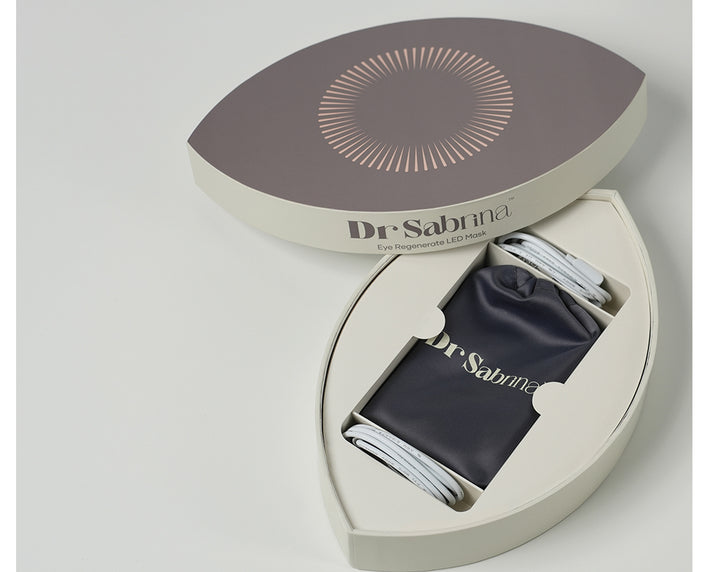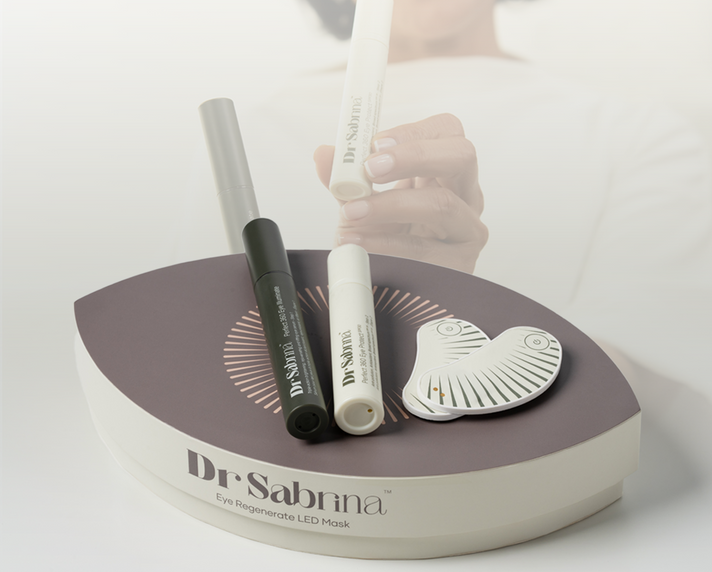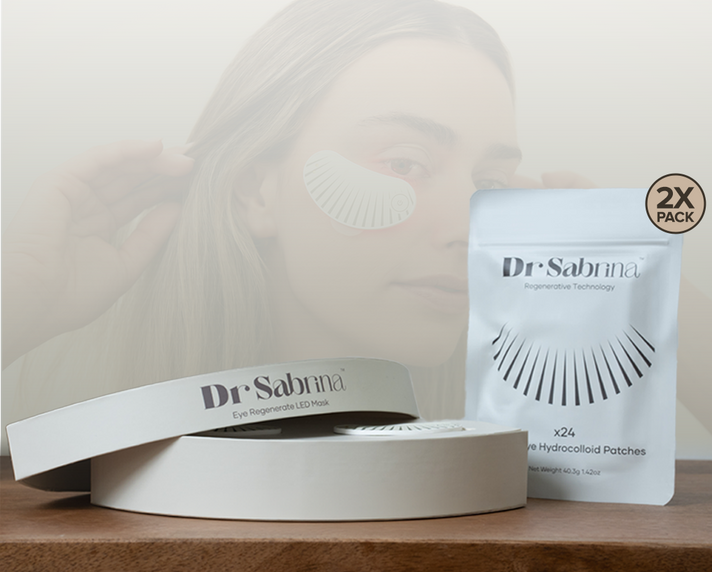Eye Serum
What Not to Mix With Retinol? Avoid Common Skincare Mistakes

Retinol is commonly referred to as the gold standard of skincare, and for good reason. From plumping fine lines to minimising acne and illuminating dull skin, this vitamin A derivative is nothing short of magic. Here's the catch, though: retinol is a diva. It doesn't get along with every product in your arsenal. And if you're unwittingly mixing up the wrong products, it may result in irritation, dryness, or even exacerbate your skin issues.
So, what should not be mixed with retinol? Whether you’re new to retinol or you’ve been using it for a while, this guide breaks it all down in simple, easy-to-follow language because no one wants a reactive face when they’re aiming for radiance.
Understanding Retinol: A Quick Refresher
Before we explain what not to combine with retinol, let's learn why this product is so effective. Retinol acts by accelerating cell turnover and increasing collagen production. It's because of this that it's adored for diminishing the signs of ageing, acne, and sun spots. Great power, however, comes with great responsibility. Misapplying it or combining it with incompatible ingredients can have a negative effect.
1. Do Not Combine Retinol with AHAs or BHAs
Alpha hydroxy acids (such as glycolic acid and lactic acid) and beta hydroxy acids (such as salicylic acid) are exfoliating acids. They dislodge dead skin cells, smooth out texture, and unclog pores. Sounds wonderful, doesn't it?
But using them together with retinol is a recipe for over-exfoliating. The two, combined, can result in redness, peeling, and irritation, particularly for sensitive skin types. If you must use both in your regimen, apply acids during the daytime and retinol at night, or take turns on alternate days.
What can't you mix with retinol? AHAs and BHAs take top honours for a reason.
2. Don't Use Retinol and Vitamin C (Together)
Vitamin C is another holy grail product. It's an antioxidant that helps lighten the skin and protect against environmental stressors. But it functions best at a low pH level, whereas retinol requires a higher pH to function optimally.
Applying them simultaneously may dilute their power and increase your risk of irritation. A smarter idea? Apply Vitamin C during the day to shield your skin, and use retinol at night to heal and regenerate.
Most people wonder, "Retinol, what not to mix? Vitamin C is a popular one if you're using it concurrently. Need a product to start with? Check out some of the best retinol serum that are beginner-friendly and dermatologist-approved.
3. Say No to Benzoyl Peroxide with Retinol
If you have acne, you may be relying on benzoyl peroxide — a favourite ingredient for eliminating bacteria that cause acne. However, when used in combination with retinol, these two ingredients negate each other's effects, rendering both ineffective.
Worse, the pair can dry out your skin terribly. For the best of both worlds, use benzoyl peroxide during the day and retinol at night, or alternate between them every other evening.
4. Don’t Layer Retinol with Strong Astringents or Alcohol-Based Toners
Using toners or products that contain high amounts of alcohol can strip your skin barrier. Combine that with retinol, and you’re asking for extreme dryness, irritation, and sensitivity. Your skin barrier is your first line of defence, a nd it’s important to keep it intact when using powerful actives like retinol.
Rather than rough toners, use hydrating ones with ingredients such as hyaluronic acid or glycerin. They will nurture your skin, not undermine it.
Ever wonder about the difference between retinol and retinal? Although both are vitamin A derivatives, they differ in concentration and their transformation in the skin.
5. Avoid Using Retinol with Physical Exfoliants
Scrubs, facial brushes, or harsh exfoliating devices may be gratifying, but when combined with retinol, they can over-sensitise your skin. Retinol already boosts cell turnover, so combining it with physical exfoliants can cause micro tears, inflammation, and flaking.
If you adore exfoliating, try a gentle enzyme mask once a week, but on a retinol-free night.
Most individuals search for what not to mix retinol with and are shocked to see their beloved face scrub listed.
6. Avoid Essential Oils and Fragrant Products
Although certain essential oils may be considered "natural," they can be irritating, particularly when combined with retinol. Fragrant products can also cause sensitivity or allergic reactions, especially if your skin is already sensitive to retinol.
Use fragrance-free, mild moisturisers or serums to nourish your skin while it enjoys the benefits of retinol.
7. Avoid Retinol Right After Waxing or Harsh Facial Treatments
Just got your upper lip or eyebrows waxed? Or perhaps a chemical peel or microneedling treatment would be more suitable? Wait a few days before using retinol. Skin post-treatment is more sensitive, and using retinol too early might cause extreme irritation or even burns.
Always use your aesthetician's or dermatologist's aftercare advice and wait until your skin barrier feels comfortable and healthy once more.
8. Do Not Use Retinol with Sulphur-Based Products
Sulphur products commonly included in treatments for acne spots can combine with retinol to cause extreme dryness and flakiness. Though both are beneficial in their own ways for acne, they're ideal to apply separately on alternate days or even under the guidance of a professional.
Browsing, what can't be mixed with retinol? Sulfur products should be right at the top.
Tips to Safely Use Retinol in Your Routine
While there's a long list of what not to combine with retinol, here are some ingredients that actually combine well with it:
- Hyaluronic acid – Hydrates and calms deeply.
- Ceramides – Repair and reinforce your skin barrier.
- Niacinamide – Soothes irritation and fortifies skin.
- Peptides – Facilitate skin regeneration and elasticity.
Final Thoughts: Listen to Your Skin

Retinol is life-altering for your skin, but only when used judiciously. It is not so much about what you put into your routine but what you leave out. Skincare is very much about what works for you, and sometimes, the less you do, the better.
So, the next time you find yourself thinking, "What not to mix with retinol?" return to this guide. Let your skin have the room it requires to shine gently and efficiently.
FAQs
1. Can I combine retinol and niacinamide?
Yes! In fact, niacinamide can soothe some of the redness retinol tends to produce.
2. What if I combine retinol with AHA or BHA?
It may cause over-exfoliation, redness, and peeling. Alternate their use instead.
3. Do I use retinol every night?
Not at first. Begin slowly, 2–3 times a week, and increase as your skin gets used to it.
4. May I use moisturiser after retinol?
Yes. A moisturiser helps retain moisture and soothe irritation.
5. Is it okay to use vitamin C and retinol together?
Yes, but not simultaneously. Use vitamin C in the morning and retinol at night.



